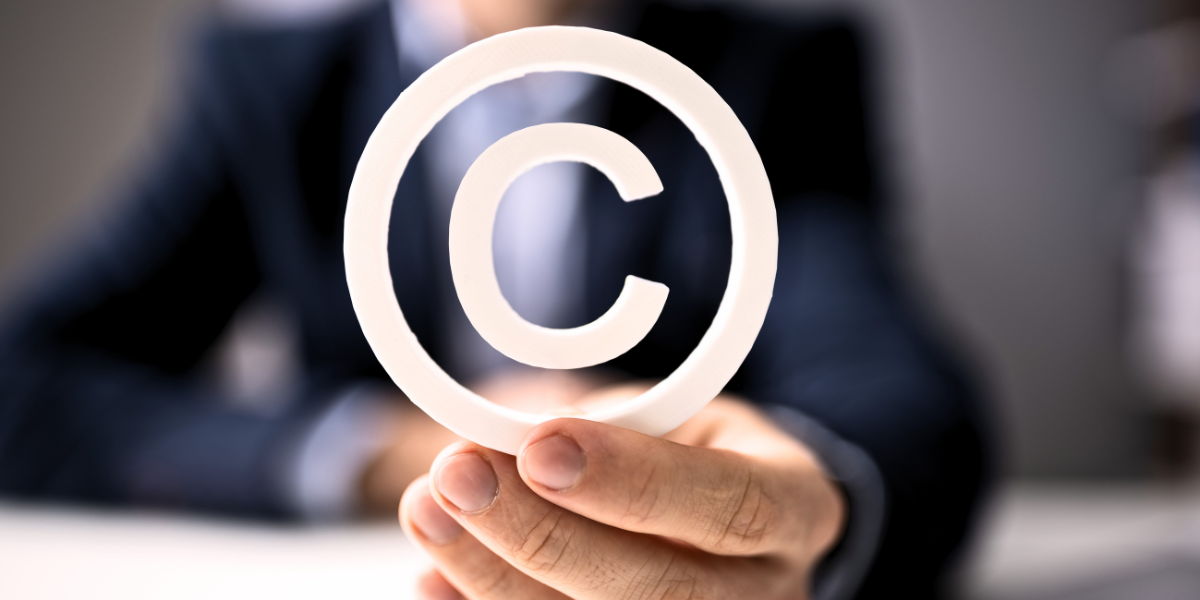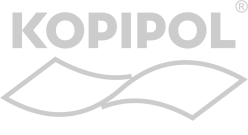Good to know

Copyright

1. The Copyright and Related Rights Act regulates the legal use of works and the consequences of copyright infringement.

2. Under the Act, the use of copyrighted works may occur only if an agreement with the author or his/her legal successor (e.g., the collective management society representing him/her) has been concluded. A deviation from this rule can only occur if a specific provision of the Act permits non-contractual use of the work (e.g., under the right to quote).

3. Any manifestation of the use of works, such as their recording, reproduction (copying, printing, digitalisation, uploading to the cloud), performance, public exhibition, reproduction, displaying, broadcasting, etc., requires the consent of the author or their legal successor and is a source of remuneration for them. The recording or reproduction technique (handwriting, printing, photography, audiovisual recording, digital or analogue copy) is irrelevant. The type of medium on which the recording or reproduction is made (paper, tape, laser disc, memory stick, hard drive, cloud) is of no significance. The reproduced copies of the work may be analogue or digital; they do not have to exist in the form of physical copies; they may take the form of digital copies on the computer (server) hard disk or in its RAM.

4. Using works without an agreement with the rightsholder results in liability for financial damages and criminal liability.

5. In certain narrowly defined situations, the law permits non-contractual use of works. This may occur, by way of exception, only in cases explicitly described in the legislation, e.g., such as:
private/ personal use for non-profit making and non-professional purposes,
right to quote,
use of works for teaching or research conducted by schools or universities.

KOPIPOL actively fights reprographic piracy, the unauthorized copying and distribution of copyrighted works (like books and articles) using photocopiers and similar devices.
Common offenders are ...

Under the statutory goal of the Association, which is to disseminate knowledge about copyright among creators and users to promote and strengthen respect for intellectual property rights, an ...

Copyright is a body of legislation intended to protect works created by scientists, writers and artists. The main point is that nobody except the author can meddle with the work, or alter it. If ...

Legal Acts
- Act on Copyright and Related Rights
- Regulation of the Minister of Culture and National Heritage amending the regulation on determining the categories of devices and media used for recording works and fees on these devices and media for their sale by producers and importers - fee rates applicable from July 1, 2011.
- Regulation of the Minister of Culture on determining the categories of devices and media used for recording works and fees for these devices and media for their sale by producers and importers - fee rates valid until June 30, 2011.
- Regulation of the Minister of Culture on fees to be paid by owners of reprographic devices (copy shops)
- Act of June 15, 2018, on Collective Management of Copyright and Related Rights



